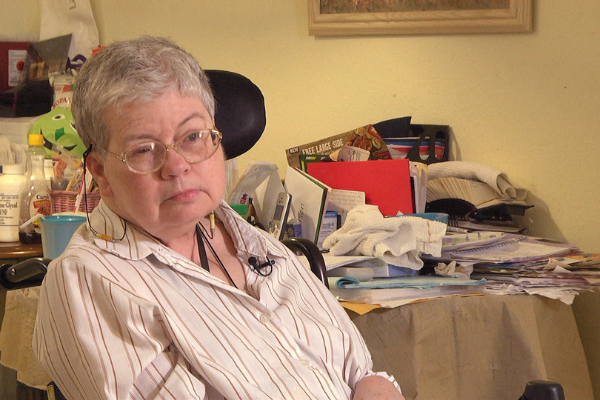
Alison H. Brown, MD, couldn’t have imagined what lay ahead for her as she started down the path to a career in women’s health in the late 1980s.
Just a few months into her residency, Dr. Brown (above) suffered an aneurysm and two strokes that ended her medical career and required her to use a wheelchair. Having to come to grips with her disability, coupled with lost income, the young physician turned to the Texas Medical Association’s Physicians Benevolent Fund (PBF).
“I had done maybe four months of my residency; it was supposed to be a four-year program,” Dr. Brown said. “But God had other plans.”
During the ensuing months and years, PBF helped Dr. Brown meet her day-to-day financial needs, as it has for many other physicians since 1961. Recipients receive monthly help to pay for personal necessities: rent or mortgage, utilities, health insurance, medical bills, clothing, and food.
Over the years, other physicians who experienced a stroke have received funds from PBF, such as one physician in his 50s who became debilitated and unable to practice, and another whose surgical career was cut short.
Whether it’s a stroke or another devastating turn of events, PBF is available when the unexpected happens. If you know a physician or a physician’s family who could benefit, direct them to the PBF website. Or make a referral to Chris Johnson, director of PBF. TMA strives to protect the anonymity of fund applicants and recipients.
If you’d like to help sustain the fund, contribute via secure, online donation, or send a check to The Physicians Benevolent Fund, Attn: TMA Finance Department, 401 W. 15th St., Austin, TX 78701-1680. Contributions are tax-deductible to the full extent allowed by law.
For more information about stroke prevention and resources, visit the American Stroke Association website. The Centers for Disease Control and Prevention also provides stroke education materials for health professionals.
Tammy Wishard
Account Manager, Division of Communications and Marketing
(512) 370-1470